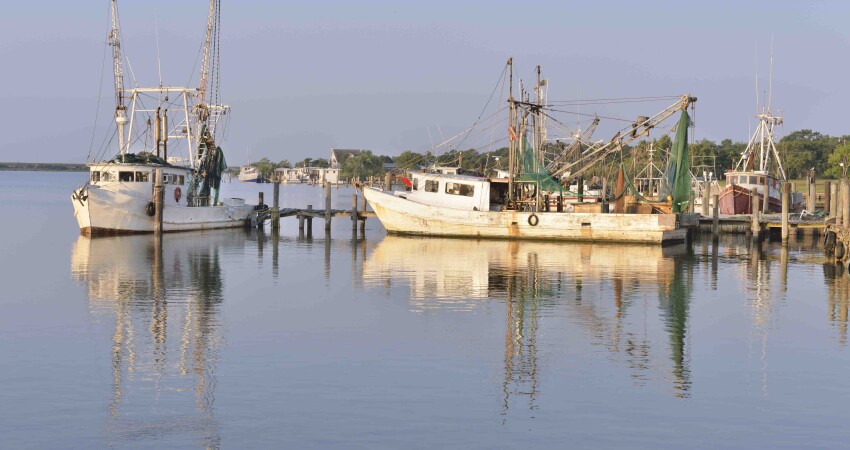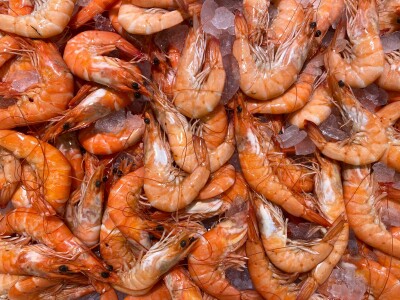Last June, a bipartisan coalition of Texas lawmakers called on the Biden Administration to ramp up efforts to safeguard the state's shrimping industry against the onslaught of cheap imports.
Reps. Troy Nehls and Randy Weber spearheaded the initiative, highlighting the detrimental impact of dumped shrimp flooding U.S. markets.
In a joint letter addressed to U.S. Secretary of Commerce Gina Raimondo and U.S. Trade Representative Katherine Tai, the lawmakers emphasized the urgent need for robust measures to shield American shrimpers from unfair competition, particularly those operating along the Gulf Coast. The congressmen emphasized the vital role of the shrimping sector in the nation's economy and urged prioritization of domestic interests.
Despite existing International Trade Commission (ITC) anti-dumping tariffs imposed on major shrimp-exporting countries like Brazil, China, Ecuador, India, Thailand, and Vietnam since 2005, the lawmakers pointed out the glaring omission concerning Ecuador, a rapidly growing shrimp provider. They highlighted that Equador’s import volume of shrimp has grown by 24% to the U.S. in the last year, exacerbating the challenges faced by domestic shrimpers.
The letter, co-signed by Reps. Brian Babin, Michael Cloud, and Vincente Gonzalez pressed for clarity on the administration's strategy to counter the adverse effects of foreign shrimp dumping. Specifically, the lawmakers sought insights into enforcing anti-dumping laws and regulations targeting Ecuador.
The letter emphasized the detrimental impact of cheap foreign imports on domestic prices, with wild-caught white shrimp prices plummeting from $2.50 per pound in 2014 to less than $1.00 per pound during the pandemic.
Moreover, concerns were raised regarding the disparity in sustainability and safety standards between domestic and foreign suppliers, posing consumer risks. The letter states that imported shrimp violates our domestic health standards.
Andrea Hance of the Texas Shrimp Association highlighted the alarming lack of oversight, with only a fraction of imported shrimp being tested for banned chemicals. A “GAO analysis from a 2017 report found that 12% of shrimp samples tested positive for unsafe drugs and that the FDA only looks at about 2% of imports for issues,” the letter stated. This underscores the need for stringent regulations to ensure food safety and protect local industries.
The Texas lawmakers also drew attention to labor and environmental standards disparities between the U.S. and major shrimp-exporting countries. They emphasized the importance of bycatch reduction devices (BRDs) in mitigating environmental impact, lauding innovative solutions developed by local shrimpers.
Additionally, the lawmakers highlighted Texas' regulatory measures, such as seasonal closures to allow shrimp populations to replenish. However, despite these efforts, many Gulf Coast shrimpers struggle to compete with foreign prices, leading to economic hardship and job losses.
The letter concluded with three questions in search of a response:
“1. Please outline in detail the actions the Office of the U.S. Trade Representative is taking to mitigate the effects of foreign imported shrimp from foreign nations, which is squeezing out domestic shrimpers.
2. How are the Dept. of Commerce’s antidumping duty and countervailing duty laws working to protect American Shrimpers? Specifically, to what extent are antidumping orders being inflicted on imported shrimp from Ecuador?
3. What additional action(s) will the Dept. of Commerce at USTR take to address the pressing challenges the industry continues to face? What remedies can and will the Dept. of Commerce and USTR take to provide immediate relief for shrimpers under current U.S. law?”







